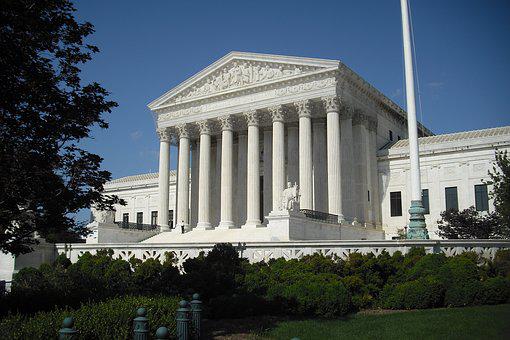In News
The Supreme Court has noticed that the government's decision to propose a legislation on crucial tribunals last year, and that it did so only a few days after the court threw down a similar law, may amount to a breach of the court's ruling on the matter.
Provisions that have caused controversy:
- The Tribunal Reforms Act, 2021, was enacted unanimously by both chambers of Congress earlier this year. The bill has re-ignited a debate between the legislature and the court regarding the powers and limitations of the legislative branch in enacting legislation.
- For the nomination of advocates as members of tribunals, the Act stipulates that they must be at least 50 years old and that they must serve for a period of four years.
- The court ruled that the caps were arbitrary. However, the government claims that the measure will result in the creation of a specialised skill pool of advocates from whom to choose.
- Articles 14, 21 and 50 of the Constitution are rendered null and void by Section 3(1), Section 3(7), Section 5 and Section 7(1).
- Persons under the age of fifty-one are barred from being appointed to tribunals under Section 3(1). In addition to undermining tenure length and security, this is a violation of both judicial independence and the constitutional concept of separation of powers.
- It is alleged that Section 3(7) of the challenged Act, which requires the submission of a panel of two names to the Central Government by the search-cum selection committee, breaches the constitutional norms of separation of powers and judicial independence.
Other possible changes made by act-
- It intends to abolish several current appellate bodies and transfer their powers to other judicial organisations already in existence, including the Supreme Court.
- It stipulates that the Central Government would nominate the Chairperson and Members of the Tribunals on the proposal of a Search and Selection Commission.
- A committee to be chaired by either the Chief Justice of India or a Supreme Court Judge selected by him is also established by this Act, which also specifies its makeup.
- In the case of state tribunals, a second search committee will be established.
- The suggestions of the search-cum selection committee must be decided by the Union government within three months of the date of the committee's report, if at all possible.





